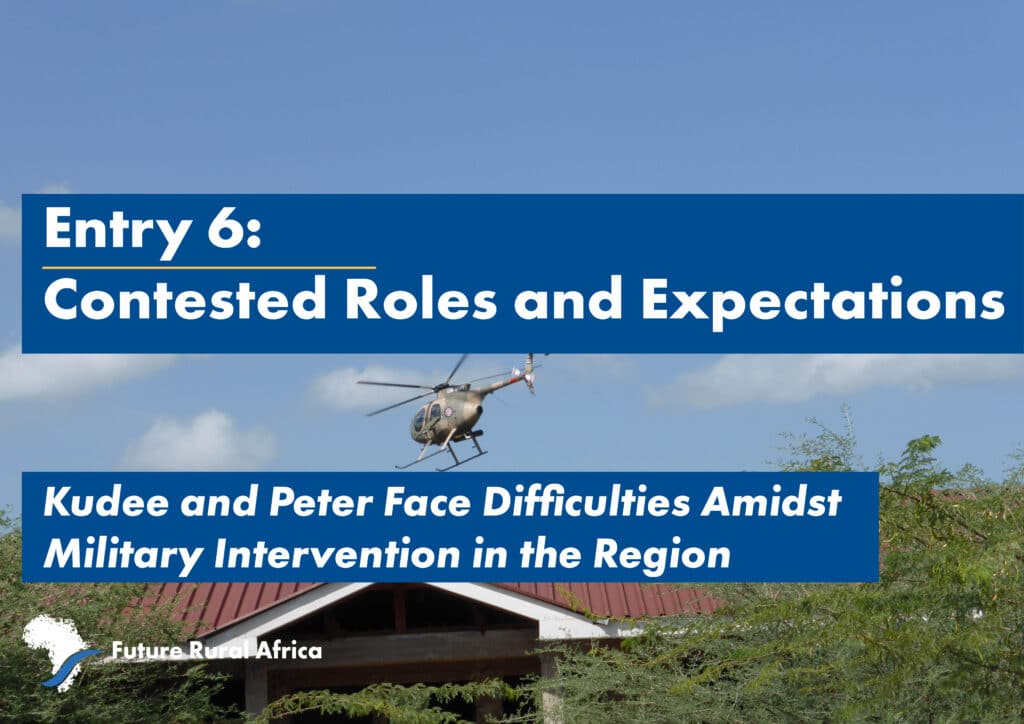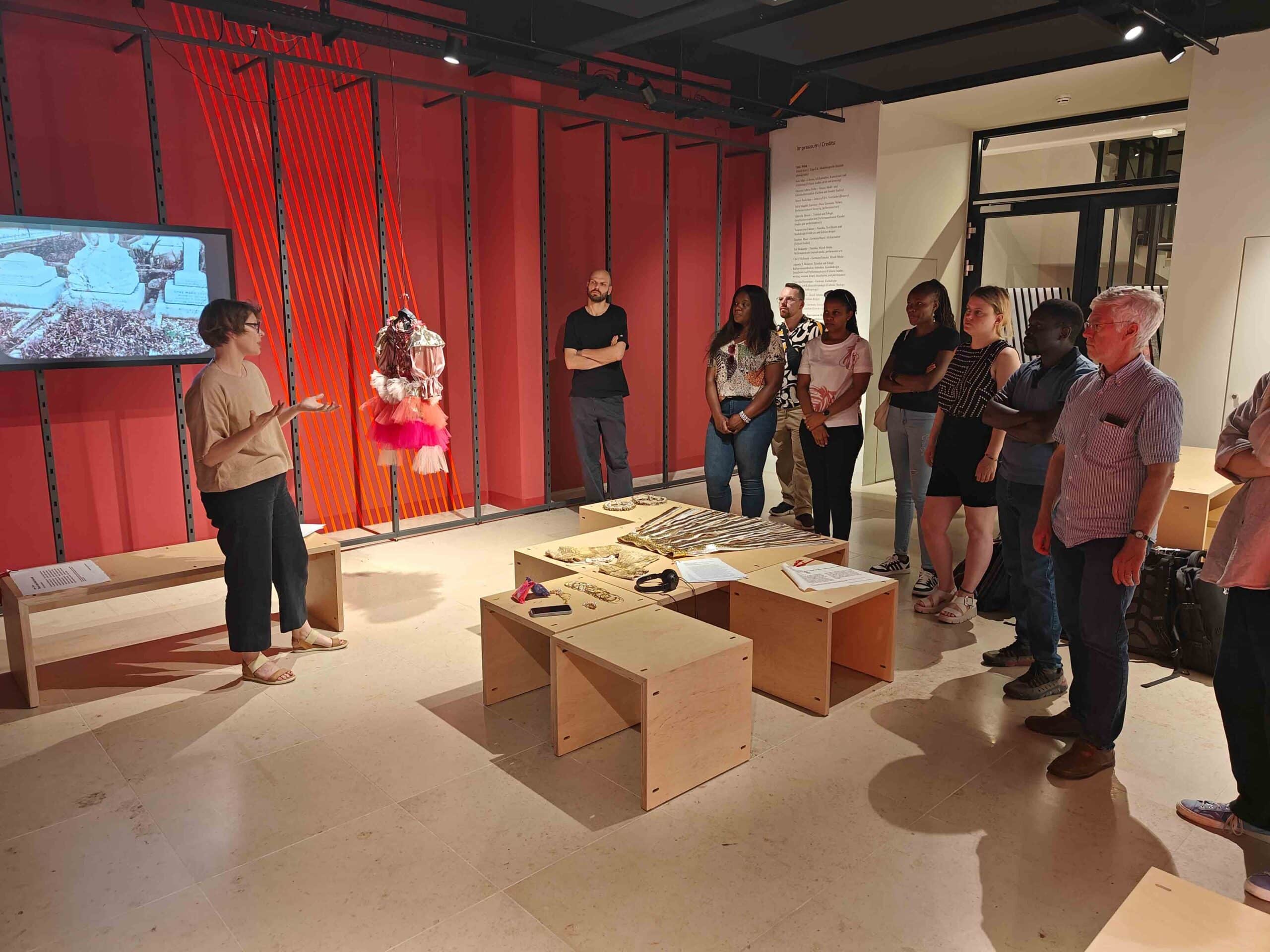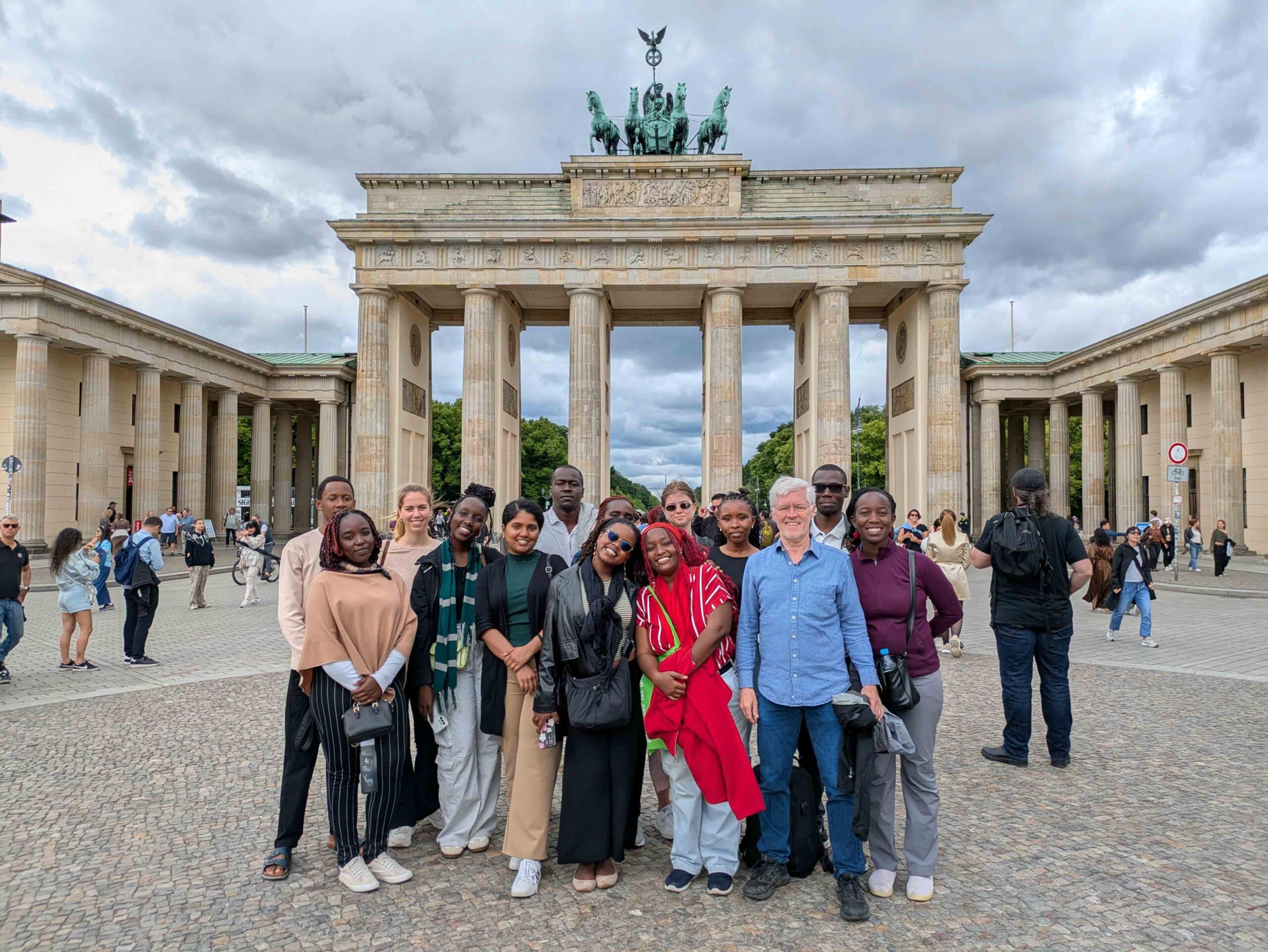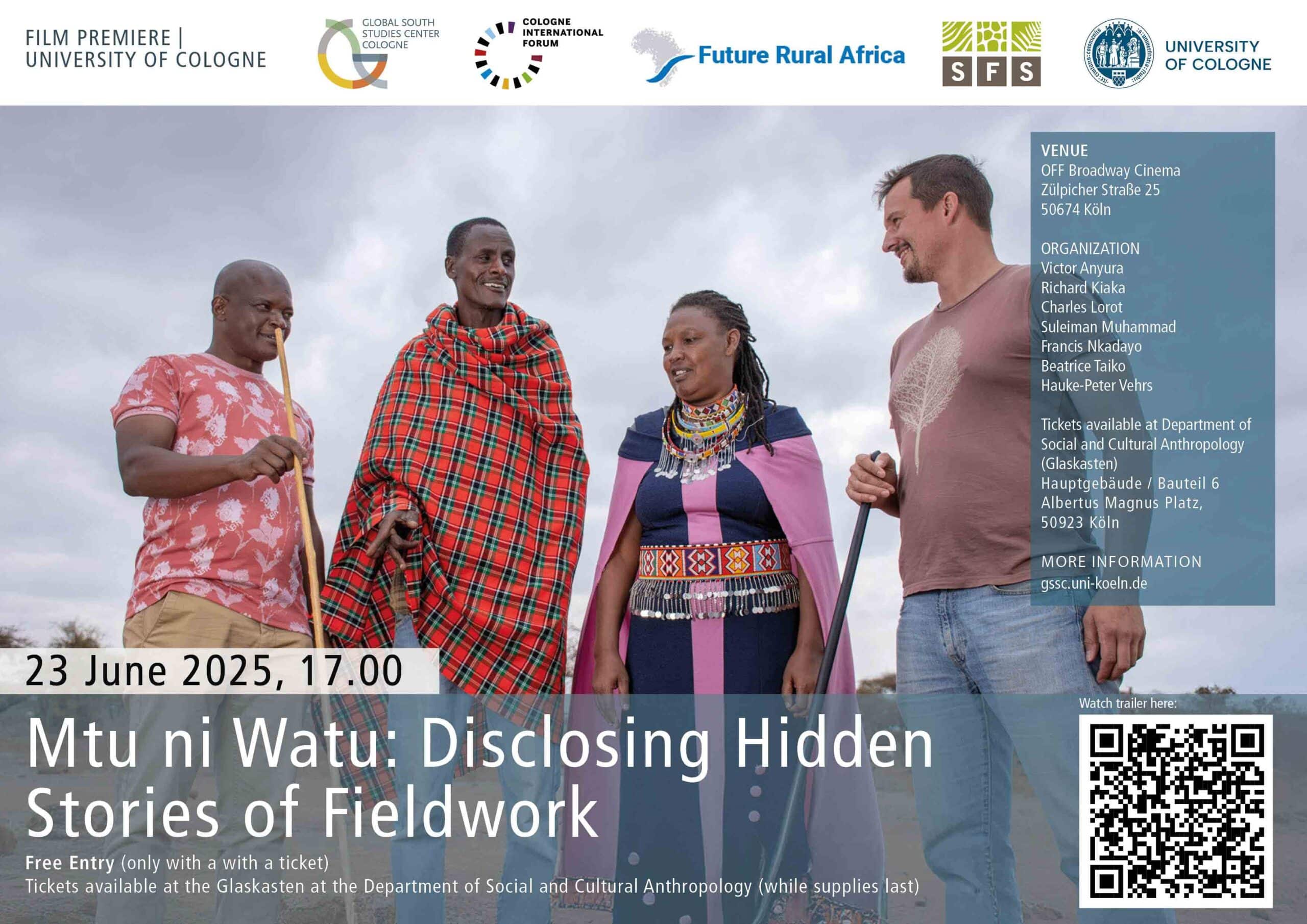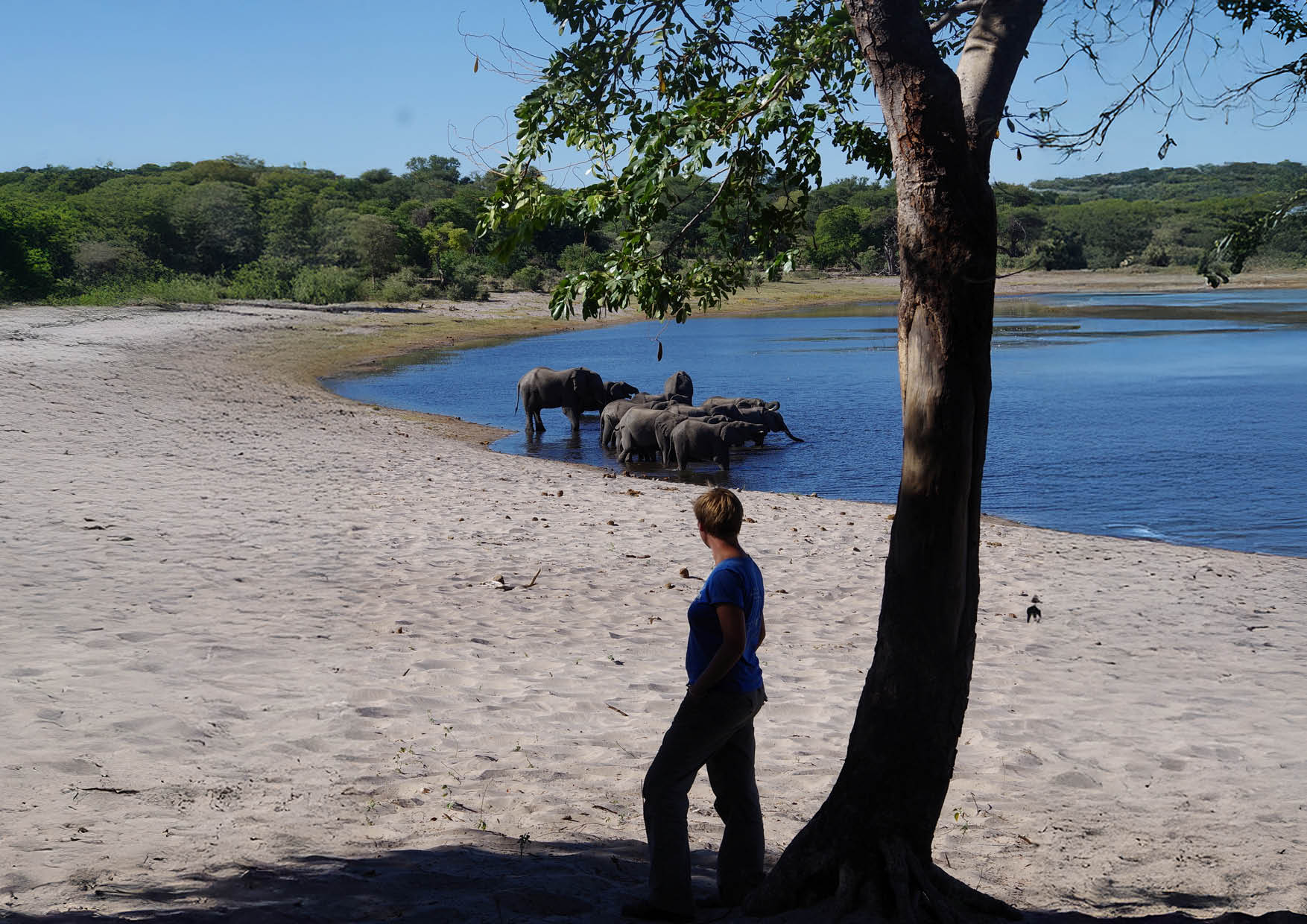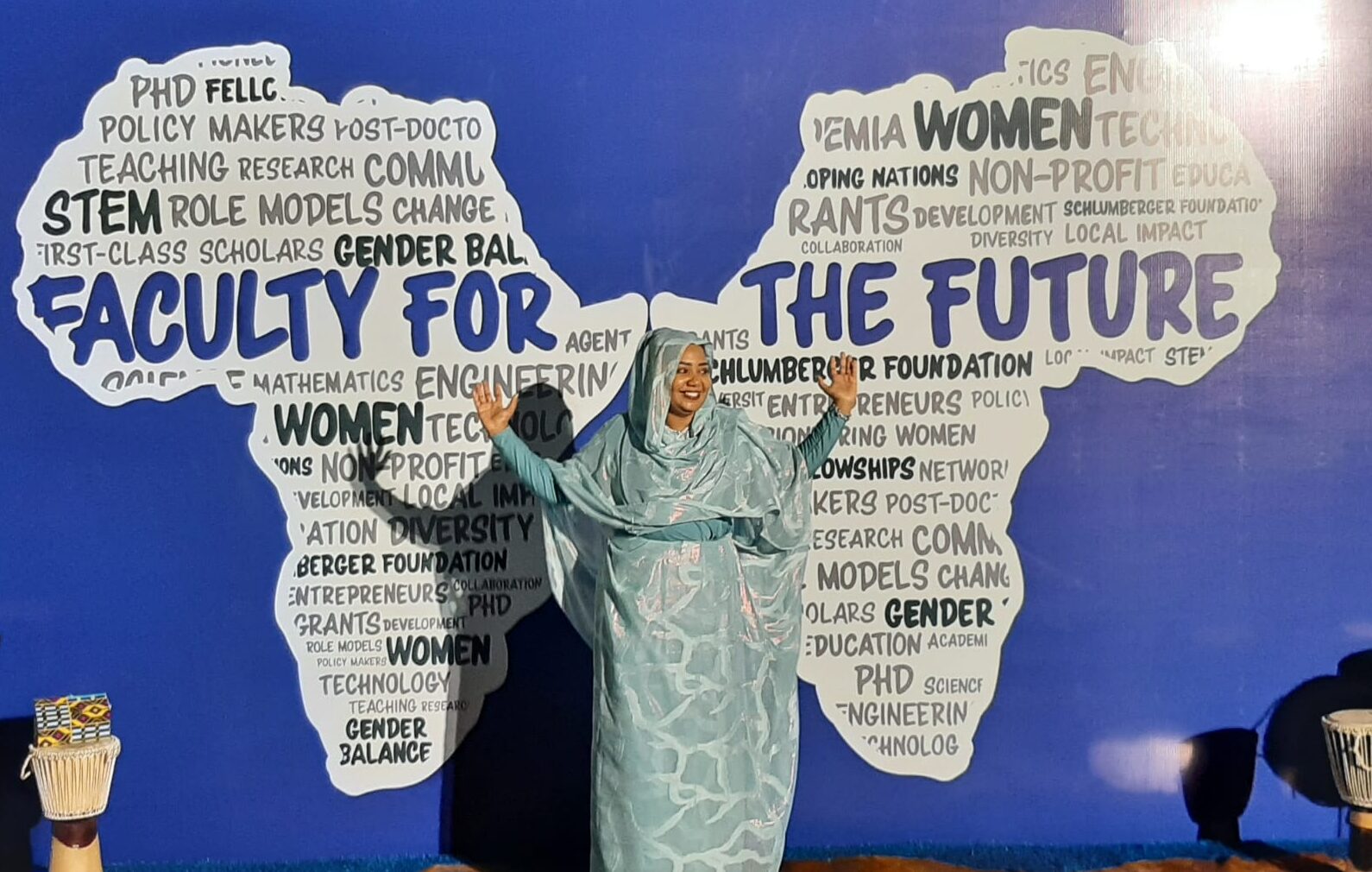The arrival at Mt. Paka and life among the pastoral community is something that will be explored below. Of course, in retrospect, many experiences appear in a new light when you know the story has a happy ending. But especially the beginning of fieldwork and living among a new community remains an exciting and difficult endeavour.
During the first few months, Kudee and Peter were not always convinced that their fieldwork was going in the ‘right’ direction. When the initial, uncomfortable period of living in their tent was over and they moved into their new hut, they had to make some further decisions.
One was about food. As they opted to strongly participate in the daily life of their host family, they agreed with their host mothers that they would contribute food to the homestead in order to be included in the daily meals. But this turned out to be a non-practical idea. Not only were meals prepared at different times of the day, often competing with fieldwork activities, but the women of the household – who cook for the whole family – were overwhelmed by the new situation and the explicit and implicit expectations that come with some unknown guests, especially about a foreign researcher and what he can and cannot eat. After a while, Kudee and Peter decided to try a different strategy and started cooking themselves, even though this was a rather unconventional situation for two men in this community. But their roles in the community had been unfamiliar and undefined since they arrived, and therefore subject to intense negotiation. In terms of food, this was perhaps a less complicated matter, requiring only some experimentation and refinement. Other aspects of their identity, however, posed more serious problems for them and their research.
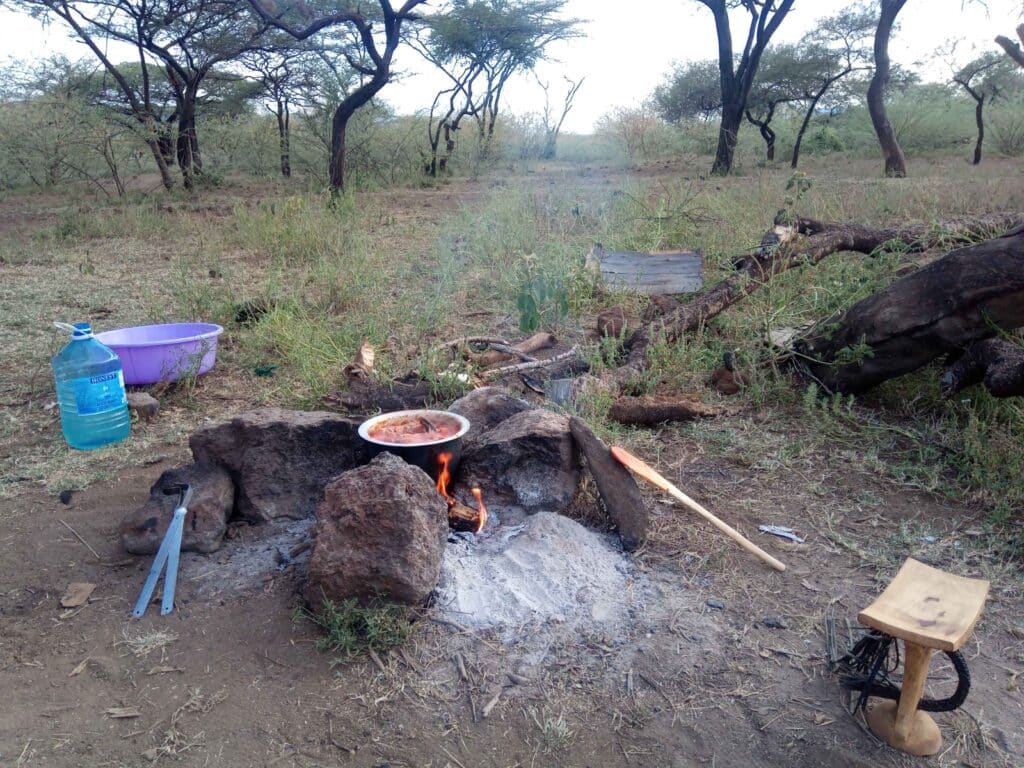
The first conflict that arose about them in the community came at a time when they were quite confident that they had already connected with many people in the community. Basically their work was accepted and they not only shared daily routines with their host family, but were increasingly involved in social activities. One day, Kudee and Peter were invited to a community event held by the elders. It was a special ceremony that had been arranged by the prophet (werkoyon) to protect the entire region and its people from an army intervention. It was November 2014 when the Kenya Defence Forces (KDF) arrived in the region to quell an outbreak of violence between a small group of criminals and the police.
That conflict was rooted in the complex history of pastoralist and agro-pastoralist groups (i.e. Pokot, Samburu, Turkana, Tugen and IlChamus) in Baringo County and neighbouring counties. Between the various groups conflicts have occurred throughout their shared history at different times and have not only shaped relations between them, but also influenced territorial divisions. One of these conflicts is located in the north of East Pokot on the border with Turkana County. While the region is inhabited by Pokot pastoralists, a small town in the region – Kapedo – is also inhabited by some Turkana people, a situation that is also preserved by strong police presence. Tensions between the Turkana and Pokot pastoralists have a long history and led to violent clashes, particularly between the 1960s and 1980s. In the years that followed, the conflicts subsided considerably, but continued to flare up. In November 2014 the situation suddenly escalated and some Pokot killed 23 police officers. Although East Pokot is home to 70,000-80,000 people, the government used this incident to isolate the entire region, setting up checkpoints and sending in heavy artillery.
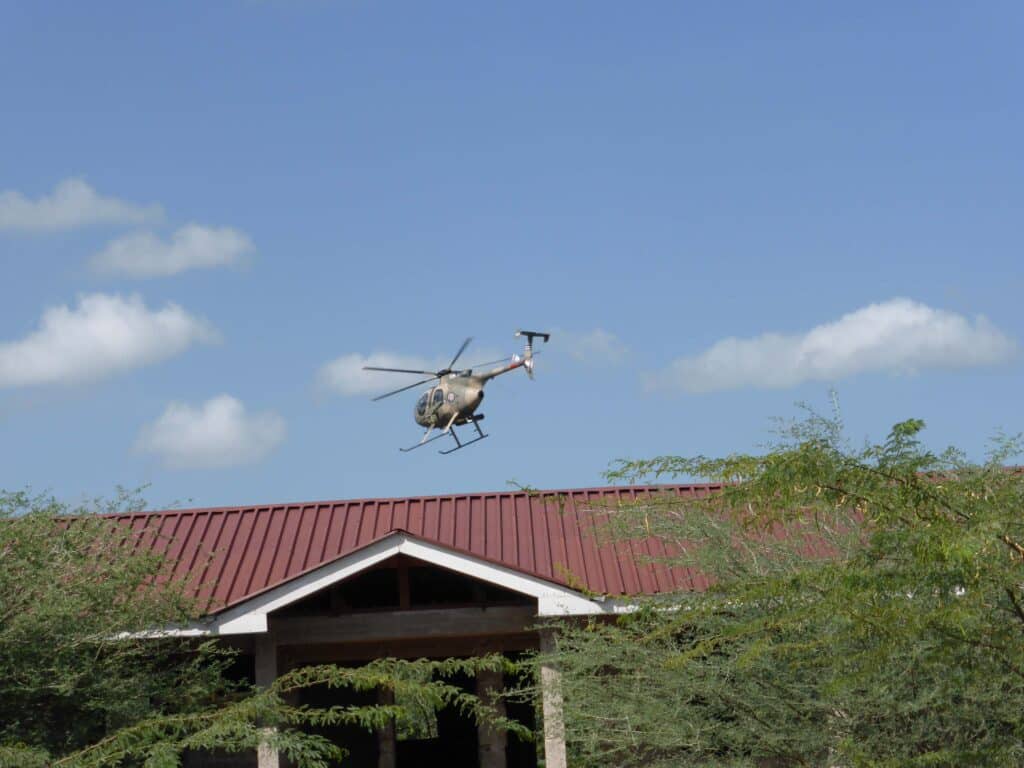
The intervention of the Kenyan Defence Forces did not calm the situation, but led to a further escalation. During this time, discussions began throughout the region about how local communities could protect themselves from harm, and one way was to seek the advice of the prophet and perform a healing ceremony.
The ritual performed is called Pution and was seen as an important element of protection. For Kudee and Peter, being invited to and attending this secret meeting was like a pledge of belonging, a small sign that they had found their roles and were finally accepted. But what followed showed them that this was not the case. During the ceremony, a drunken elder joined the group and started complaining loudly about why these boys (in this case Kudee and Peter as non-initiated men) had joined the ceremony and that this was jeopardising its success and could not be tolerated. So they both had to leave the scene feeling that whatever they had done, they had achieved nothing. Peter reflected on the meaning of this rejection as follows
We suffered a setback yesterday, although things had been going well. During the day we found out that a Pution ceremony was ‘prescribed’ by the prophet for the whole of the Paka region, which involved the killing of two goats (a spotted one to symbolise the soldiers and a ‘blue’ one to symbolise the medicine). We joined in and followed the men from place to place until we reached the designated place for the ceremony. In the meantime, this one elder [who remains anonymous] had joined us and was already quite drunk, which greatly disturbed the quiet, almost mysterious atmosphere. When the ceremony began, he complained loudly in front of everyone, asking why Kudee and I were there, until Kudee decided that we had to leave. It was obvious that everyone was embarrassed by the situation, but Kudee was really upset and I was sad and angry at the same time, wondering why this person had insulted us in this way.
Peter, November 2014, Field Diary
Some ten years later, Peter tries to situate the event in the wider context.
I’ve never seen Kudee so upset as when we were excluded from the Pution. If the community had not stood by us and reassured us in many subsequent conversations that we should not listen to the opinion of this one elder, I do not know how we would have dealt with this rejection. In retrospect, we can say that this conflict was part of a negotiation process that is innate to every fieldwork. But knowing this, doesn’t make it any easier to accept it once it happens.
Peter, 10 June 2024
Situations of this kind, where Kudee’s and Peter’s positions were unclear and needed further refinement occurred repeatedly over time. This could be in everyday situations, i.e. the extent to which the two were able to participate in community activities, more generally in the research context, or under specific circumstances, such as ceremonial events. Even in the months that followed no permanent and fixed positions could be established, although numerous encounters helped to clarify expectations both of the community towards them, and vice versa. Kudee found it particularly challenging to manage both the community’s expectations and Peter’s research plans. For Peter, on the other hand, it was particularly difficult to translate the abstract idea of research into everyday practice and to meet the explicit and implicit expectations of fieldwork, while at the same time keeping track of the complex situation surrounding the community’s expectations towards him and Kudee. Constant reflection and positioning within this transformative framework was a key component of their fieldwork and helped them navigate the complexities and intricacies of research at Mt. Paka.

